Breaking the Silence (BTS) is an organization dedicated to revealing the ‘truth’ about the IDF. Loosely based on accounts of soldiers, BTS tries to highlight immoral incidents in the IDF. But after a recent Channel 10 investigation, Breaking the Silence can no longer be trusted as a reliable source.
Here is a list of pointers BTS may want to go over before they ‘report’ on an IDF story in the future.
1. BTS may want to find a more credible founder
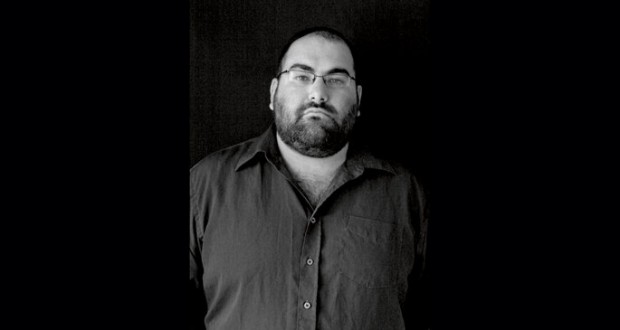
Rumors and gossip are meant for tabloids, not for real journalism. In order for Breaking the Silence to be considered a reliable news source, the founder should not be setting a standard of presenting rumors as “testimonials.”
A few weeks ago, BTS founder Yehuda Shaul falsely claimed that settlers in the West Bank had poisoned a well in the South Hebron Hills. Channel 10 program “HaMakor” investigated this matter and discovered that there were no eyewitnesses who actually saw a well being poisoned.
The story was based on settlers who were near a well that had a dead chicken inside of it. Perhaps not the tastiest of sights, this almost comical image is no basis for accusing settlers of poisoning anyone or claiming that they messed with the water.
This poisoned well rumor spurred quite a commotion and the false story was later debunked entirely in a full report. For another example of poor reporting regarding water in the West Bank, BTS can check out CAMERA’s article on the West Bank’s water supply and maybe the founder can learn how to report more accurately on such a story next time.
2. BTS’s Executive Director, Yuli Novak, may want to observe basic journalistic standards
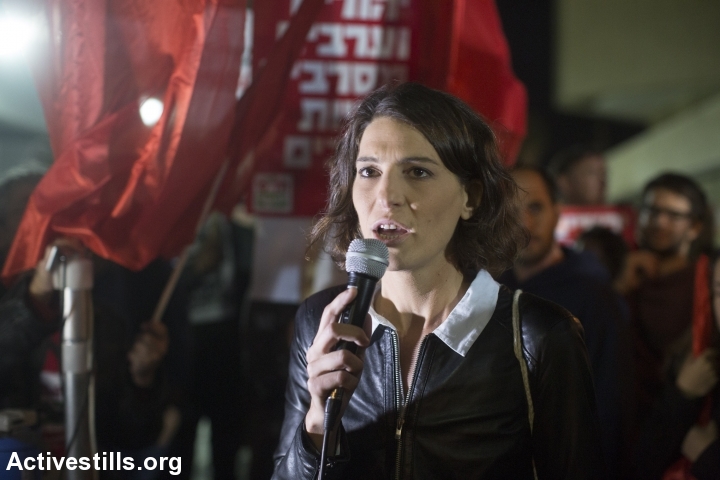
Executive Director Yuli Novak has admitted that BTS does not insist on two “eye witnesses” to an incident. This is simply not an accepted standard of journalism. According to the HaMakor investigative journalists, having “two sources” but not two witnesses is not sufficient for reliable journalism. BTS needs to have more sufficient witnesses when reporting.
3. BTS could try not to disappoint their supporters so much
HaMakor reporters were really hoping to verify BTS’s accreditation. However, they simply failed to even find two sources for many of the BTS reports. Yuli Novak has disappointingly claimed that “we are not an investigative body and we do not claim to be one.”
Is that Yuni Novak’s way of saying BTS is merely a propaganda group?
It seems that those who have really relied on BTS until now no longer can. In the past, individuals have unfortunately brought unreliable BTS reports to official international investigative bodies such as the UN Independent Commission of Inquiry on the 2014 Gaza Conflict.
4. Breaking the Silence may want a more accurate name… like Breaking the Truth
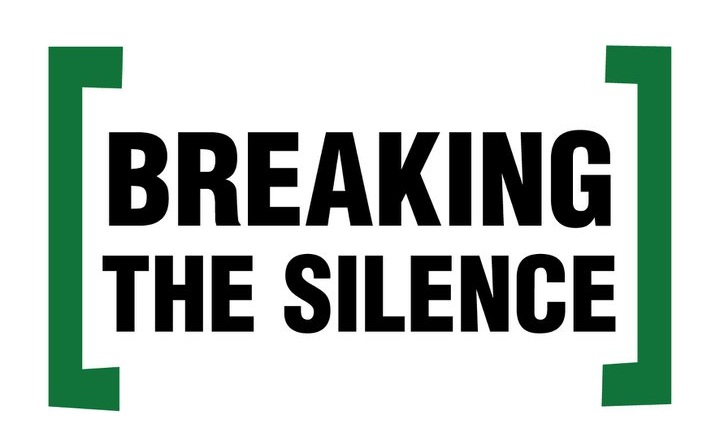
BTS may find this name to be a more accurate reflection of their efforts. Particularly with the three testimonies of BTS founder and prominent representative, Avner Gvaryahu, BTS broke down the truth. Their reports leave out key details from the incidents Gvaryahu described and turn the truth into something else entirely.
5. BTS needs to take note: selective coverage is not truthful coverage
In his testimony, Avner Gvaryahu explained that a soldier in his unit was allegedly upset that he missed his shot at an unarmed Palestinian. The HaMakor reporters investigated this incident and this soldier that Gvaryahu refers to, was finally given a chance to speak. The soldier revealed a critical detail: this “unarmed” Palestinian was armed and in fact had just thrown two grenades at the unit. After nearly being killed by two grenades, this soldier was in fact a bit concerned when he failed to stop the terrorist and protect his fellow soldiers. In the future, BTS should verify such critical details of a story.
6. BTS needs to stop exaggerating the truth to make up for flimsy material
In his second testimony, Gvaryahu expressed that his unit would regularly beat arrested Palestinians. The same soldier that told us the full story about Gvaryahu’s first claim explained that there were some “light” beatings in the unit. He also reported, however, that this was absolutely the exception rather than the rule. According to the HaMakor journalists, Gvaryahu’s testimony is an exaggeration of actual events.
7. BTS needs to clarify why they think the human right of self-defense is forbidden
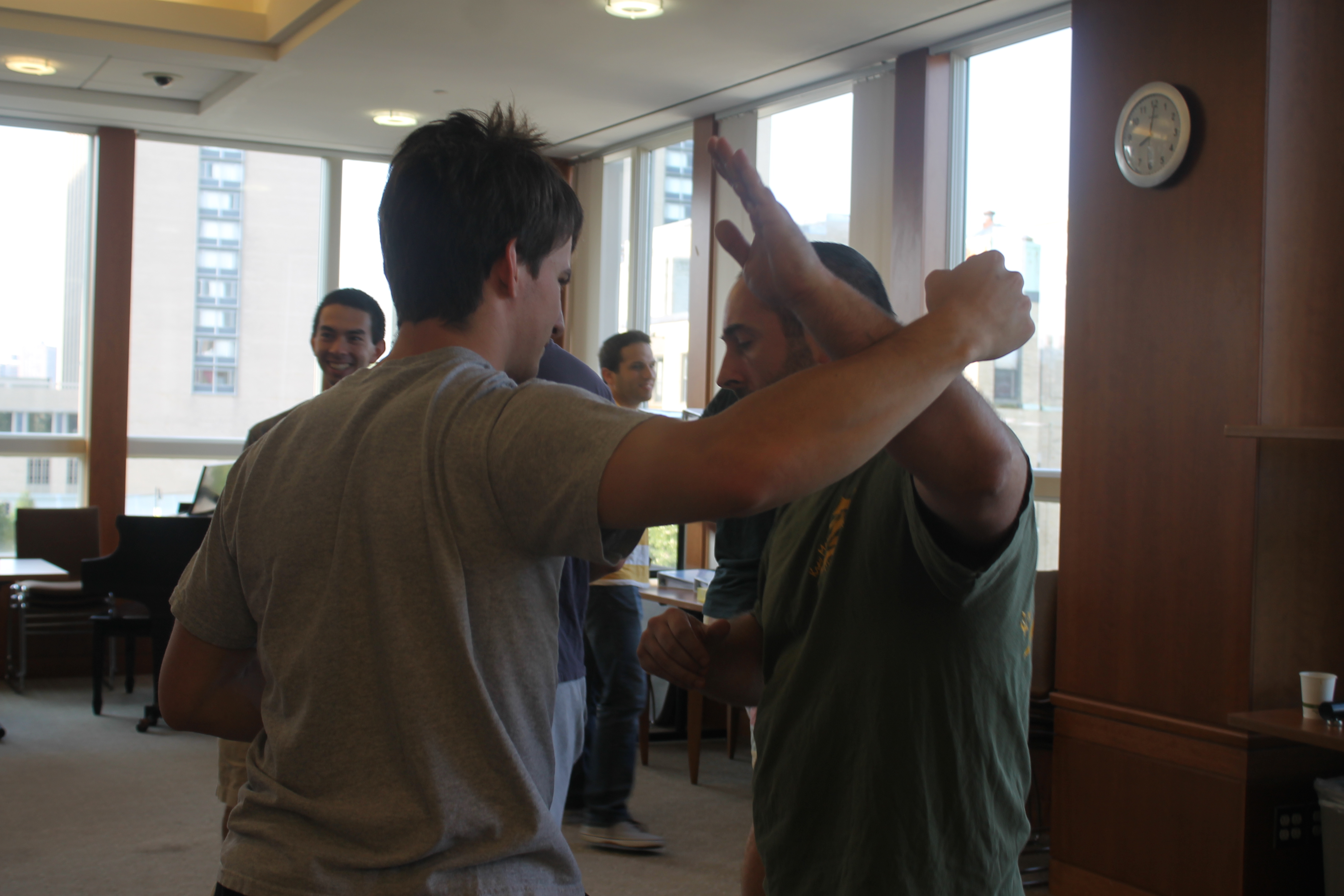
In his third testimony, Gvaryahu claimed there was allegedly permissive and inappropriate use of live fire in residential areas. Fellow soldiers who served with Gvaryahu explained that they were permitted to fire at anyone who emerged from a narrow passage.
However, the soldiers added a critical detail Gvaryahu failed to mention: they were only permitted to shoot in an area if already shot upon from that same area. When soldiers are shot at, soldiers are permitted to fire back in self-defense. However, the IDF follows strict procedure when any soldier fires and if a soldier shoots out of line, severe punishments follow.
In short, according to the HaMakor investigation, BTS needs to verify their witness testimonies and brush up on their facts.
8. To properly criticize the IDF, BTS needs to consult with the experts
In order to fully understand incidents, not only it is important to hear testimony from multiple witnesses, but it is also critical to verify with people who are fully knowledgeable.
For example, Nadav Weiman, a BTS staff member, claimed that while mapping Palestinian homes, soldiers were harassing the Palestinians. Weiman’s commander claimed that Weiman’s accusation that his soldiers were harassing Palestinian homes is false and explained the importance of mapping in their mission for intelligence purposes.
HaMakor journalists concluded that Weiman’s testimony is an example of one of the main problems with BTS reporting. The soldiers who testify often have a limited understanding of their circumstances and consequently, warp the truth.
9. In general, BTS needs more primary sources–BTS cannot break the Israeli “silence” without sufficiently sourcing Israelis

HaMakor investigated information provided by Breaking the Silence and discovered a lie that “only 10% of its activities are with non-Israelis”. According to HaMakor journalists, approximately 20% of BTS activity in Israel is with visitors that are non-Jewish and non-Israeli and 20% of the activity is based on Jewish non-Israelis. Including work outside of Israel, approximately 50% of BTS’s reporting is done with non-Israelis.
Other than the fact that BTS lied about these percentages, there are two main problems with this:
1) The purpose of Breaking the Silence is to bring first hand soldier stories to the forefront. By definition, based on the BTS mission of “giving voice to the experience of soldiers,” BTS needs to be more heavily based on soldiers’ testimonies and less on that of outsiders.
2) Some of these non-Israelis involved in BTS are not reliable resources for such an organization. Some hold anti-Israel beliefs, are biased and as a result are involved with BTS out of a mere self-interest to use this organization as another method of delegitimizing Israel.
For example, Martina Anderson, a non-Israeli interviewed by BTS during a South Hebron Hills tour, is an Irish member of the European Parliament and has called Israelis “rash” in the past and highly supports BDS, an anti-Semitic movement.
10. BTS may want to check out My Truth to see an example of an organization that properly provides testimonies.
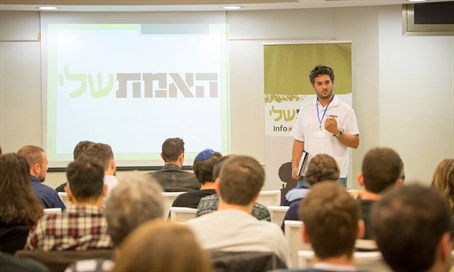
My Truth is an NGO that counters the misinformation and false claims that are waged against Israeli soldiers. The organization works with released soldiers and reservists, ranging from across the spectrum of Israeli society as well as the political spectrum, to share their stories. Respectful and politically neutral, My Truth gives former soldiers the opportunity to tell objective stories about their unparalleled experiences and the challenges that they faced. While listening to their stories, My Truth also thoroughly checks the information provided by testimonies and presents only the truth about the IDF experience.

Contributed by CAMERA Intern Penina Simkovitz.
